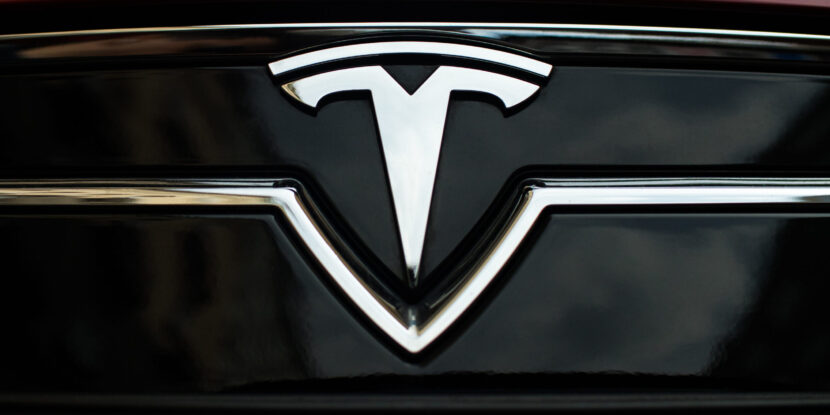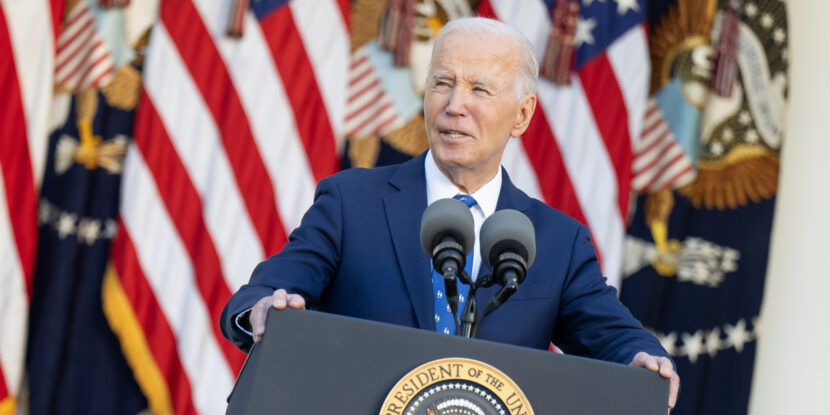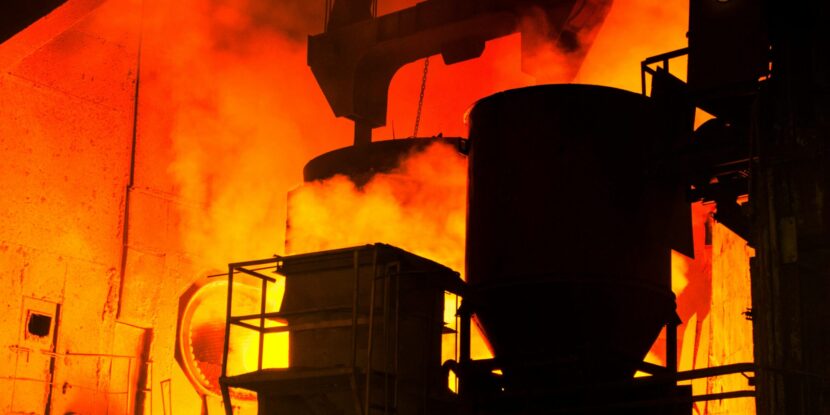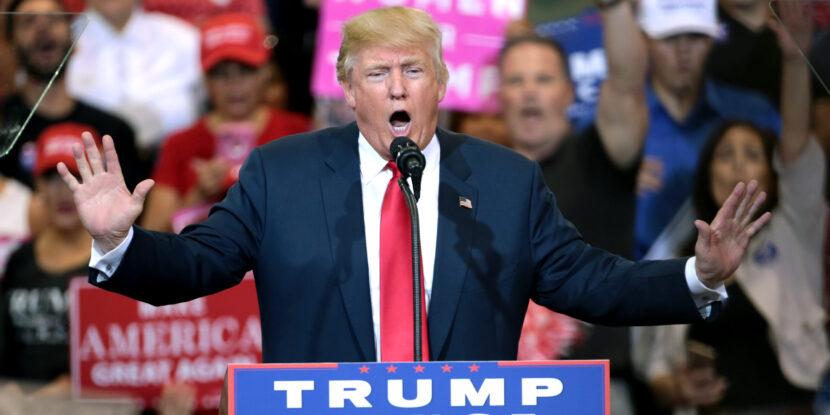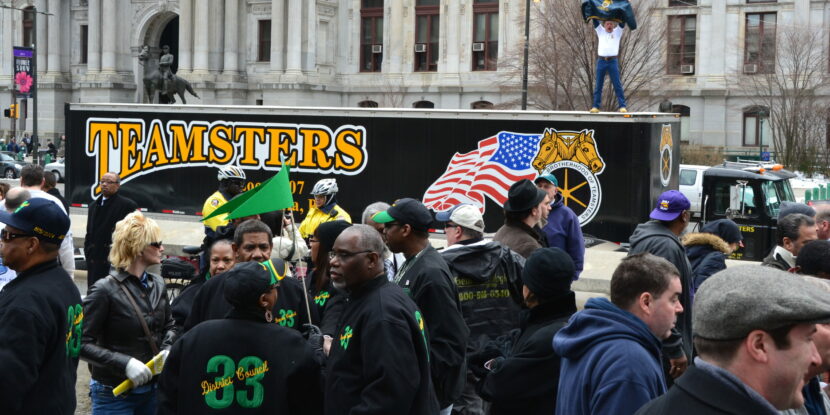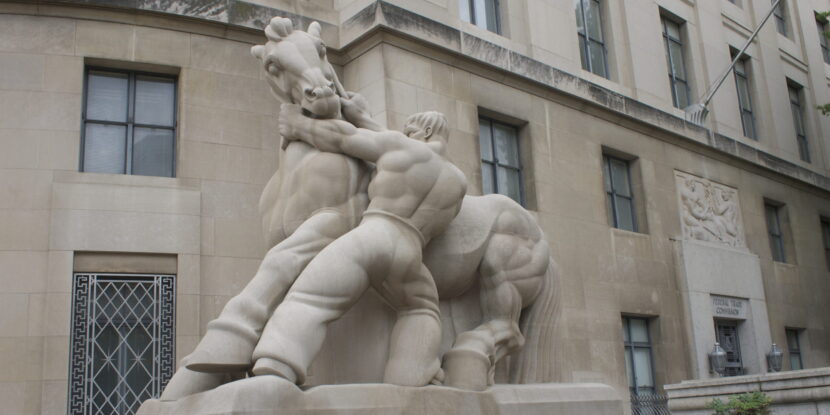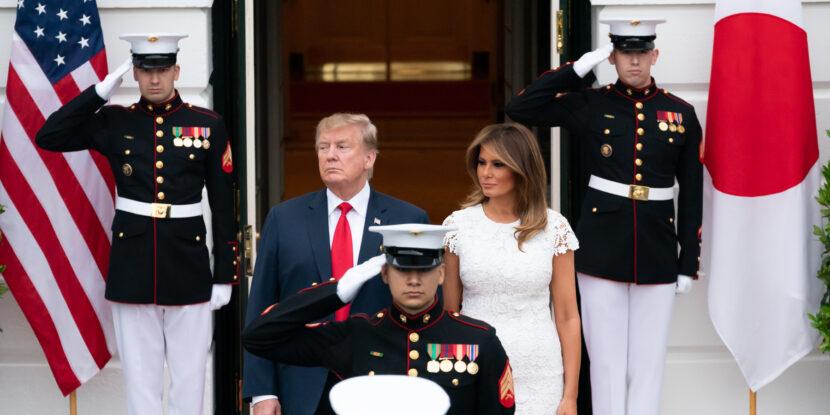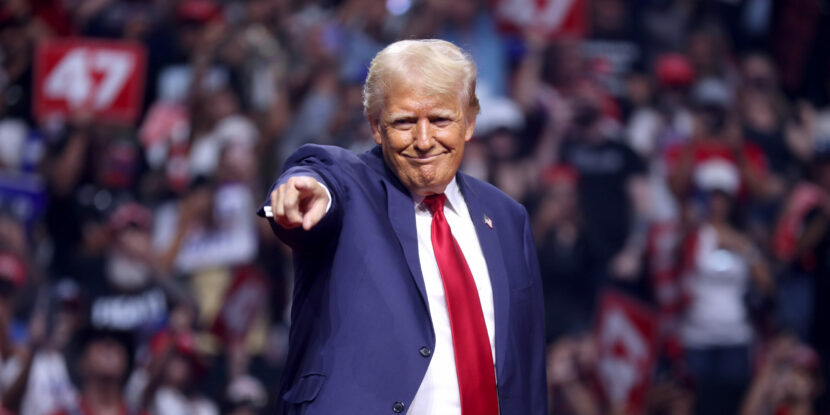Tesla’s global sales declined in 2024 for the first time in nearly a decade despite a 2.3 percent increase in deliveries during the final quarter. The automaker, based in Austin, Texas, offered incentives such as zero percent financing and free charging to spur demand. From October to December, Tesla delivered 495,570 vehicles, raising its annual total to 1.79 million, a slight drop from 2023’s 1.81 million. The decline reflects sluggish demand for electric vehicles amid growing market competition.
Despite enhanced sales in the fourth quarter, analysts expect Tesla’s average sales price to have dropped to its lowest in four years, at just over $41,000. This could negatively affect Tesla’s quarterly earnings, scheduled for release on January 29. Tesla had forecasted a 50 percent sales growth in most years, a target challenged by an aging lineup and increased competition in key markets like China, Europe, and the United States. Analysts indicate most early adopters of EV technology already own Tesla vehicles, while mainstream buyers express concerns regarding range, pricing, and charging infrastructure.
Tesla’s fourth-quarter sales fell short of Wall Street’s expectations, with FactSet’s analysts predicting 498,000 vehicle deliveries. As a result, Tesla’s shares dropped nearly seven percent on Thursday, although they remain up over 50 percent over the past year, partly driven by a boost post-Donald Trump’s election victory.
Despite the recent sales downturn and increased competition, Wedbush analyst Daniel Ives maintains a positive outlook on Tesla’s stock, viewing the company as a leader in disruptive technology.
Meanwhile, Tesla’s electric vehicle sales slightly surpassed those of Chinese competitor BYD, which reported a 41 percent increase in sales and the delivery of 1.77 million EVs last year. Tesla’s production in the fourth quarter was 459,445 vehicles, slightly less than total deliveries, and full-year production reached 1.77 million, slightly below sales figures.
show less